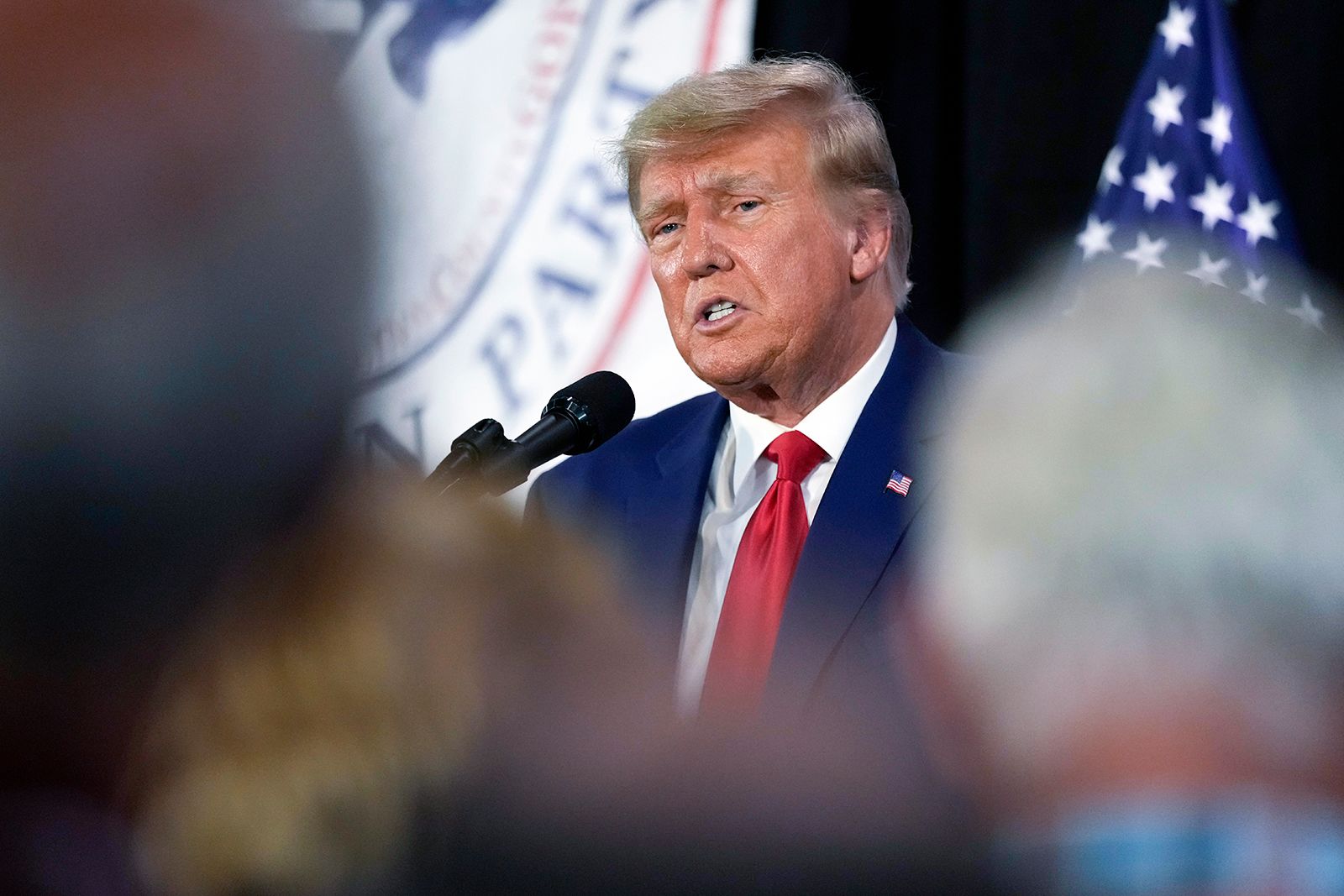On Tuesday, former President Donald Trump made a series of unfounded allegations against the judge who issued a $454 million civil fraud judgment against him. Trump took to social media to voice his grievances, a day after his legal team admitted in a court filing that they had been unsuccessful in securing an appeal bond from any company to halt New York Attorney General Letitia James from initiating the collection process on Judge Arthur Engoron’s judgment.
Trump, without any substantiated evidence, accused Engoron and James of corruption. He claimed they were demanding him to deposit a substantial sum of money before he could appeal the decision, a practice he described as unprecedented. He further alleged that Engoron was insisting on him depositing hundreds of millions of dollars to secure the right to appeal his decision and to delay the payment of the fine.
However, these claims by Trump are categorically false. He is not required to deposit any money to appeal Engoron’s decision. In fact, he has already initiated the appeal process; he filed his notice of appeal in February, the first business day after Engoron’s ruling was made official.
What Trump is actually being asked to do – deposit cash or a bond for the full amount of the judgment to secure a stay that would prevent James from collecting during the appeals process – is neither unprecedented nor unusual. This requirement is stipulated by New York law and is routinely applied in civil cases in the state.
“This is literally the way that the NY rules of court are designed to work, and actually work every day,” said Mitchell Epner, a former federal prosecutor who is now a litigator in private practice in New York. He said the rules being applied to Trump “are applied every day in New York courts, on verdicts of all sizes,” though the size of the judgment against Trump is notably large. Epner added: “Donald Trump is either horribly misinformed or lying.”
Given that Trump appealed Engoron’s ruling before depositing any money, it is clear that Engoron hasn’t made the right to appeal dependent on depositing a large sum of money. “He’s allowed to appeal regardless… he’s already appealing,” said Neil Pedersen, president of a surety bond agency in New York.
James has given Trump a 30-day grace period before she begins to collect on the judgment. It ends on Monday, March 25, meaning that this date is a de facto deadline for Trump to secure the cash or a bond unless a New York appeals court panel agrees to his request to allow him to avoid depositing the money until the end of the appeals process – which could be years from now. If Trump did not secure a stay, James collected on the judgment, and then Trump eventually won the case on appeal, James would be required to return any collected money to Trump along with interest, Epner said.

